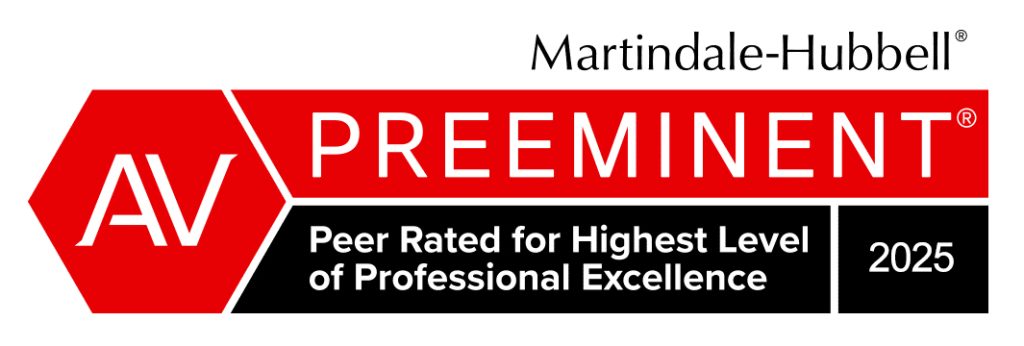Protecting your house from Medicaid estate recovery
After the death of a Medicaid recipient age 55 or older, the state must attempt to recoup from the estate whatever benefits it paid for the recipient’s care. This is called “estate recovery.” For most Medicaid recipients, their house is the only asset available, but there are steps that can be taken to protect it.
Life estates
For many people setting up a “life estate” is the simplest and most appropriate way to protect a home from estate recovery. A life estate is a form of joint ownership of property between two or more people who each have an ownership interest in the property, but for different periods of time. The person holding the life estate possesses the property currently and for the rest of his or her life. The other owner cannot take possession until the end of the life estate, which occurs at the death of the life estate holder.
As with a transfer to a trust, if you transfer the deed to your home to your children and retain a life estate, this can trigger a Medicaid ineligibility period of up to five years. Purchasing a life estate in another home can also cause a transfer penalty, but the penalty can be avoided if the individual purchasing the life estate resides in the home for at least one year after the purchase and pays a fair amount for the life estate.
Life estates are created simply by executing a deed conveying the remainder interest to another person while retaining a life interest. In many states, once the house passes to the remainder beneficiaries the state cannot recover against it for any Medicaid expenses that the life estate holder may have incurred.
Trusts
Another method of protecting the home from estate recovery is to transfer it to an irrevocable trust. Trusts provide more flexibility than life estates but are somewhat more complicated. Once the house is in the irrevocable trust, it cannot be removed. Although the house can be sold, the proceeds must remain in the trust.
This approach can protect more of the value of the house if it is sold. If the trust is properly drafted, it may be possible to exclude a significant amount of taxable gain in certain circumstances.
Contact your attorney to find out what strategy will work best for you.


